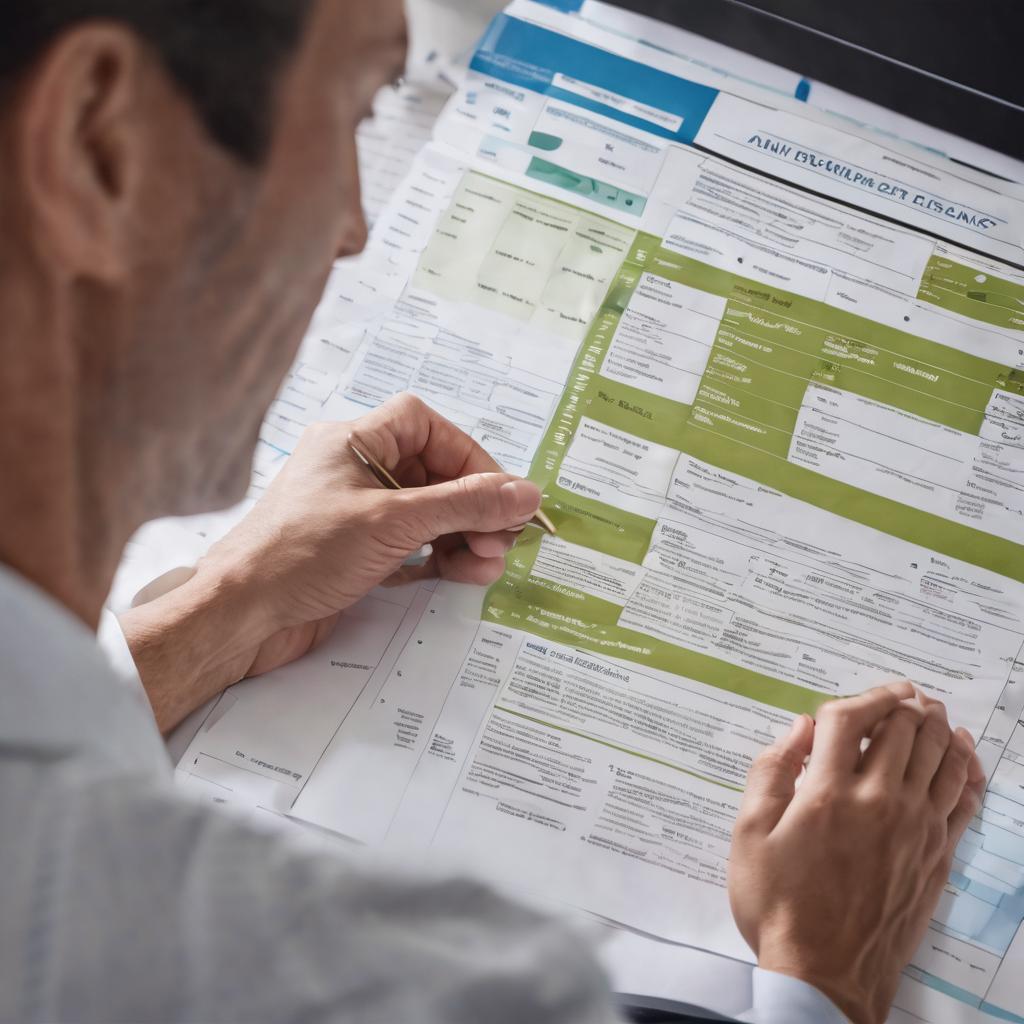How to Choose the Right InsuranceCoverage for Your Small Business

Contents
Introduction
There are many things to consider when choosing the right insurance policy for your small business. The key to finding the right coverage is knowing what you need and doing some research before you buy.
Get a quote.
Get a quote from an insurance agent. Your local small business or home improvement store might have an insurance agent on staff, who can quote you on your specific needs and help you find the best plan for your business.
Get a quote from an online insurance company. Many major carriers offer this service, allowing customers to get quotes directly through their websites and find out which plans are available in their area–without having to talk with anyone! This is especially convenient if you want to compare prices between companies or just look at some different options without having someone explain them all over again (and again).
Get a quote from your current provider/carrier: If there’s one thing we’ve learned as humans living in our modern world today, it’s that nothing stays static forever–including our policies! So check with whoever currently insures your property or vehicles before looking elsewhere just because they’re expensive now; maybe there’s been some sort of change since last year which could lower costs significantly enough so as not affect profitability too much when compared against potential losses due its increased popularity among customers who may otherwise choose another brand due solely based upon price alone?
Understand your needs.
Understanding your needs is important. It helps you choose the right insurance policy and better understand how to protect your business. Here are some questions to ask yourself:
- What risks do I face?
- What am I trying to protect?
- How much risk am I willing to take on?
Update your policy as needed.
As your business grows, so do the potential risks. If you’re not keeping up with policy updates, you could be leaving yourself vulnerable to an unplanned loss. The best way to protect yourself is by regularly reviewing your insurance needs and making sure they are still relevant.
You may find that your coverage needs change over time–for example, if one of your employees gets injured on the job or if new legislation requires extra security measures at work sites. It’s important that you review these types of issues with a knowledgeable agent before making any changes so that you understand exactly what each option entails and how it affects the price of premiums (if at all).
Conduct an audit.
Once you’ve decided on the type of insurance you need, it’s important to conduct an audit of your business. To do this, consider:
- Your financials. Review bank statements and tax returns from previous years to see how much money the company has made and spent over time. This will help determine whether or not it makes sense for your company to pay for certain types of coverage (such as liability) or not.
- Inventory levels and sales history. If there’s a chance that someone could sue over damage caused by faulty products in stock at any point during the year, then getting liability coverage may be wise–but only if there aren’t already other ways for them to get compensated (such as through product warranties). Similarly, if customers are likely to file claims related specifically toward damaged goods bought from stores like yours then having those items insured might save money down the road by avoiding litigation fees later on!
Consider these common risk factors.
- Location. The location of your business can be a major risk factor. If there’s a high crime rate in the area, or if you’re located near an active earthquake fault line or other natural disaster area, you may want to consider additional coverage options.
- Business type. The type of business that you’re running can impact how much insurance coverage is needed and what types of policies are available for small business owners like yourself. For example, if you own a restaurant and have live music on the weekends at night (like many restaurants), then it makes sense for them to have special event insurance coverage because their liability exposure increases during those times when customers might be intoxicated or rowdy at closing time; but this wouldn’t apply if they didn’t have any live entertainment planned during regular hours during weekdays when most people would be off work anyway–so why pay extra money just because someone else thinks he knows better than us?
- Financial strength/State laws/Insurance agent/Insurance company/Insurance coverage
Know what you need, and get an insurance professional to help you choose the right policies
As a small business owner, it’s your job to know what you need and get the right coverage. The first step is understanding what your limits are. You can learn more about this by getting a quote and talking with an insurance professional who can help guide you through the process of choosing the right policies.
Once you have an idea of what kind of coverage is best for your situation, update your policy as needed–but don’t forget to conduct an audit every year or so! Common risk factors include:
Conclusion
We hope this guide has helped you understand how to choose the right insurance coverage for your business. As we’ve seen, there are many factors to consider when choosing an insurance policy, but it’s worth taking the time to do it right. Insurance is one of those things that people often don’t think about until they need it–and then they wish they hadn’t waited so long!








